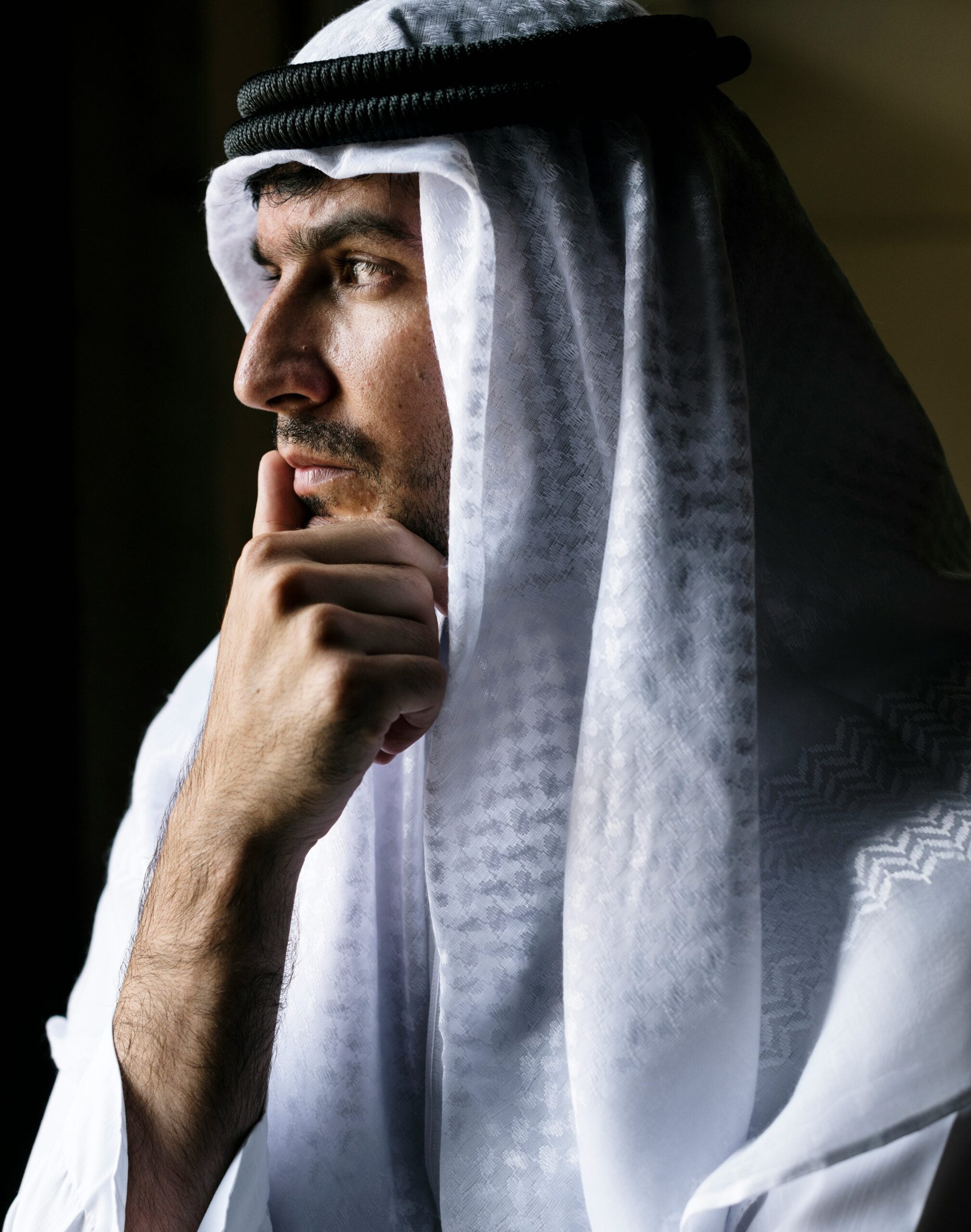In the past years, Morocco and Germany have experienced a bilateral relationship that has passed through tumultuous waters before recently stabilizing and moving to forms of closer cooperation, notably in security matters. The relationship could thus become increasingly strategic for the future of the Euro-Mediterranean region.
During the past five years, Germany and Morocco, notably through the foundations (Stiftung) of the main German political parties and public international cooperation institutions (GIZ, KFW, etc.), have explored a range of sustainable development challenges of common interest to both parties. These have included the dynamization of civil society, gender equality, green hydrogen and renewable energy, migration, rural and territorial development, water supply and sanitation, and youth employment and inclusion, among others. Renewable energies were a particular source of focus. For instance, in 2016, on the margins of the COP22 organized in Marrakesh, France, Germany, Morocco, Portugal, and Spain signed an agreement to facilitate the mutual trade of renewable electricity.
Nevertheless, the bilateral relationship began to sour in 2020. Multiple factors can explain this. In that year, Germany organized an international conference on the Libyan conflict in Berlin but did not invite Morocco to participate, although Moroccan diplomacy played a key role in securing a deal between Libyan factions in the city of Skhirat in 2015 – a milestone and internationally recognized framework in the Libyan political process. In addition, in December of that year, a few days after the US recognition of Morocco’s sovereignty over Western Sahara, Germany’s representative to the United Nations called for an urgent meeting on the Sahara issue– a gesture interpreted as ill-intentioned by Morocco’s diplomacy. Rumors were also circulating about the Stiftungs engaging in espionage activities within Morocco. As a result, contacts between the Moroccan government and German institutions operating within the country were cut in March 2021.
Nevertheless, after a tense ten-month diplomatic standoff between the two countries, relations began to thaw, particularly after changes in government occurred following legislative elections held in both countries in September 2021. Subsequently, in January 2022, the German president invited the King of Morocco to perform a State visit to Germany, and in February 2022, the new German minister of Foreign Affairs, Annalena Baerbock, visited her Moroccan counterpart in Rabat.
In the past six months, the bilateral relationship has taken a new turn, with security matters now at the center stage. Three significant German delegations have paid a visit to Morocco in recent months.
In October 2023, Nancy Faeser, the German minister of Defense, has visited the Kingdom. The agenda of her visit, which was publicized prior to her arrival, largely focused on security and migration matters. Discussions were notably held regarding the conclusion of a potential military agreement between the two nations. Besides, during her visit, Faeser conducted pivotal meetings with Abdelouafi Laftit, the Minister of Interior, Nasser Bourita, the Minister of Foreign Affairs, and Youness SekkourI, the Minister of Employment.
The signing of a joint declaration by Nancy Faeser and her Moroccan counterpart marked a commitment by Germany and Morocco to reinstate collaboration across various domains of domestic policy. This agreement explicitly outlines the reinstatement of deportation measures targeting Moroccan individuals whose asylum petitions have been declined. According to statistics released by the Ministry of the Interior, the number of individuals affected by this agreement stands at 900.
Furthermore, the enhancement of legal skilled worker migration was discussed during talks between Faeser and the Moroccan Minister of Employment.
In the three months following this meeting, the pace of visits by German officials to Morocco intensified. Initially, Holger Münch, the President of the German Federal Police Office, convened with Abdellatif el Hammouchi, the Director General of National and Territorial Security. The meeting took place in February 2024.
During their exchange, Hammouchi and Münch delved into the present channels for security cooperation, evaluating the potential for broadening these endeavors to align with shared objectives more effectively. The meeting facilitated an examination of ongoing realms of operational collaboration and prompted discussions on enhancing reciprocal aid, notably through the training and education initiatives targeting law enforcement agencies. Morocco has consistently aided various European nations in preventing planned terrorist attacks. An illustrative example occurred in October 2023 when Moroccan security services effectively intercepted a potential terrorist plot orchestrated by a German citizen of Egyptian heritage. Before the attack could be carried out, Moroccan authorities identified the individual and promptly informed their German counterparts, thus averting the intended act of terrorism.
One week later, a military agreement was discussed between the two countries. Indeed, the Parliamentary State Secretary for Defense Thomas Hitschler, held a work visit to Morocco, where he had a meeting with Abdellatif Loudyi, Minister Delegate to the Head of Government, in charge of National Defense Administration, and Lieutenant General Mohammed Berrid, Inspector General of the Royal Armed Forces and Commander of the South Zone. The discussions centered around topics of mutual interest and strategies for enhancing bilateral military cooperation. Key areas of focus included combating terrorism, addressing illegal immigration, tackling cross-border crime, and curbing illicit trafficking. The upcoming months will show whether these efforts will come to fruition.


